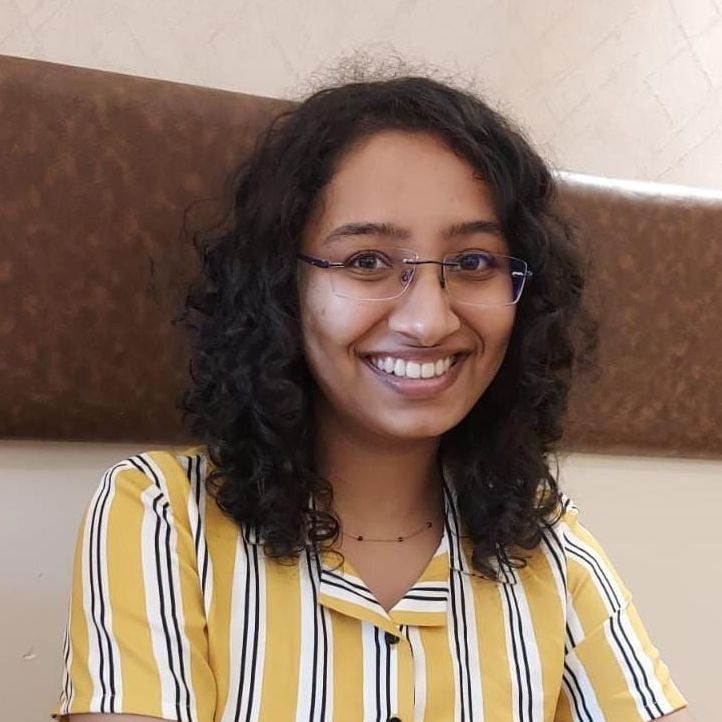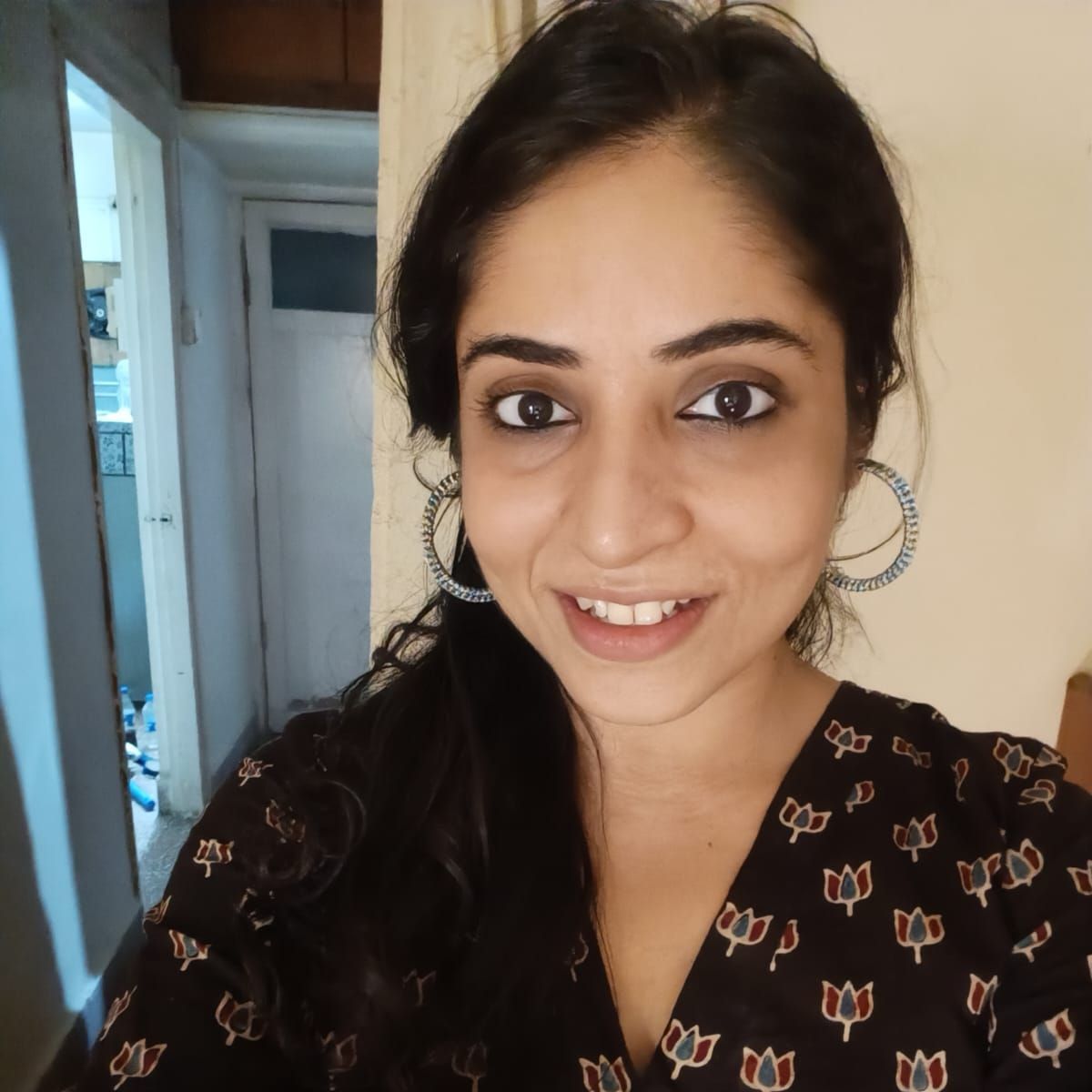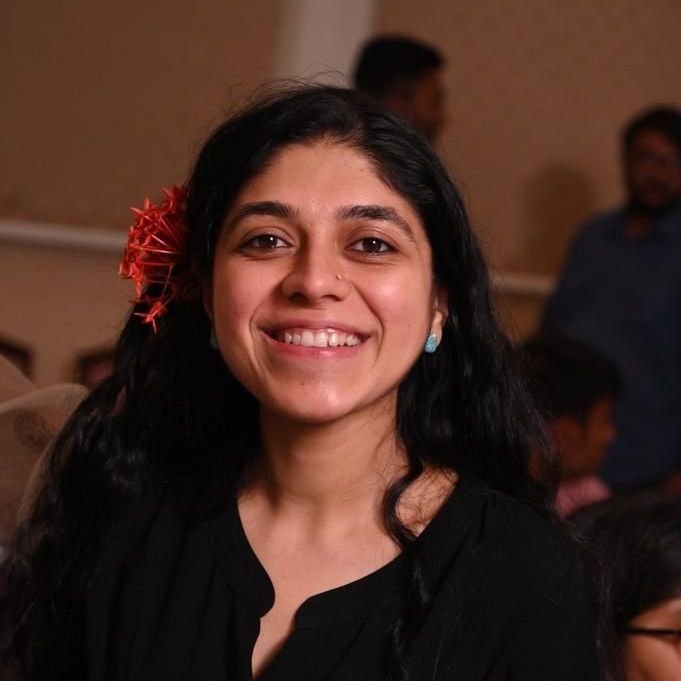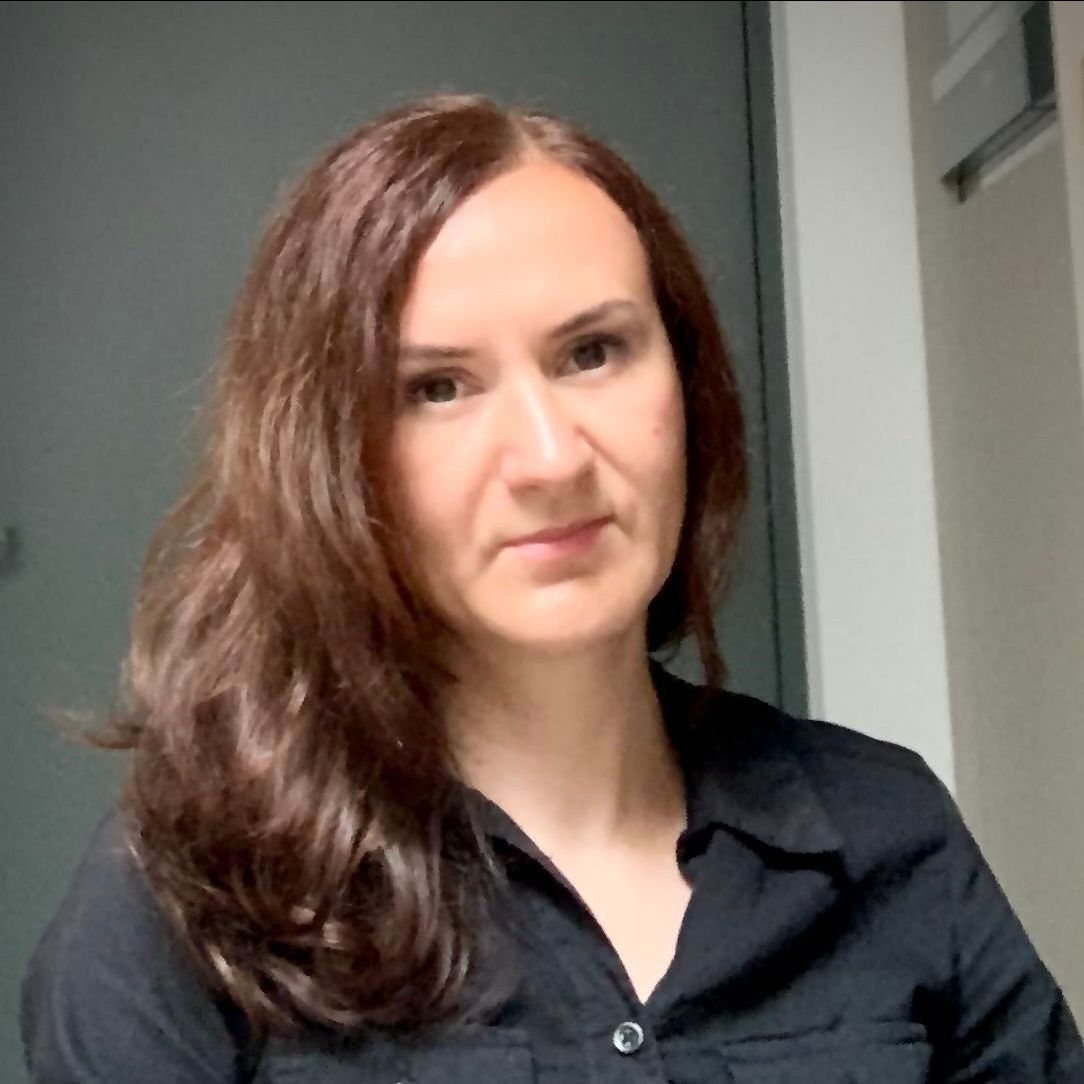Photo by Anup J. Kat
Ethics & Institutional Review Board
ARISA Foundation has an Institutional Review Board (IRB) that screens all human participants research for ethical concerns prior to commencement of the research project. Our IRB is Federalwide Assurance (FWA) compliant under the United States Government’s Department of Health and Human Services.
Members of our IRB regularly screen proposals for in-house projects dealing with primary data collection or analyses of secondary data involving surveys, experiments, or others. These span the areas of psychology, social sciences, public health and related fields. Following FWA compliance, the ARISA Foundation IRB accepts applications for ethical review from researchers conducting studies in the social sciences in India seeking local IRB approval.
Download our Federalwide Assurance (FWA) Compliance document by clicking here.

Dr. Kohinoor Darda
Chairperson
Founder/Director at ARISA Foundation
Kohinoor holds a PhD in Cognitive Neuroscience from Bangor University, UK, and has previously worked as a postdoctoral researcher at the University of Glasgow (Glasgow, UK), Macquarie University (Sydney, Australia), and University of Pennsylvania (Philadelphia, PA, USA).
Through her research, she investigates the cognitive and neural mechanisms that underlie our interactions in the social world and our engagement with art. Kohinoor is also a trained Indian classical dancer (Bharatanatyam and Kuchipudi) and likes to integrate her background in the arts with her interest in neuroscience in both her research and choreographic endeavours.
Outside of the research lab, she enjoys social interactions with fictional characters in novels and underwater aesthetic experiences when scuba diving.

Col. Sarang Chavan
Human Subjects Administrator
Director at ARISA Foundation
Col Sarang Chavan is an Indian Army veteran with over two decades of active service experience. An alumni of the prestigious ’Indian National Defence Academy’, he tenanted many important operational and administrative appointments in the army across various levels including the successful command of an Infantry Battalion. He also served as part of the UN Peacekeeping Force in a multinational and multicultural environment.
He is an avid golfer and music lover, who loves to indulge in insightful conversations across varied topics. He is currently based in Pune and is the Chief Operations Officer at Darda Solutions, Pune, India.

Monish Darda
Reviewer
Director at ARISA Foundation & CTO, Icertis
Monish is a cloud-technology pioneer and serial entrepreneur with a 30-year track record in the enterprise software space. As CTO and Co-founder of Icertis, Monish has overseen development of the Icertis Contract Intelligence (ICI) platform, the leading contract management solution in the cloud. ICI is used by companies like Airbus, Daimler, Johnson & Johnson, Microsoft and Sanofi to manage 10 million contracts worth more than $1 trillion.
With deep experience in distributed systems and cloud apps, Monish is the co-inventor of two patents in cloud resource management and provisioning. In his spare time, Monish enjoys playing his PS4, watching Formula 1, and reading. He is a sci-fi aficionado and loves Isaac Asimov.

Shreya Ayachit
Reviewer
Shreya is a trained Psychologist and an Arts Based therapy facilitator. She finds joy in working with kids and adults using art mediums. A storyteller at heart and a puppeteer in making, Shreya uses Narrative ideas to connect with people. Her area of interest remains Socio emotional learning for young people. She believes skills like compassion, self management are as important for a human being as learning about History and Maths.

Sakshi Kharbanda
Reviewer
Sakshi got her master’s in clinical psychology from SNDT University, Mumbai. Currently, she is working as a consultant psychologist in Jupiter Hospital, Pune. Her work entails neurocognitive assessments, screening and psychoeducation about various neurodegenerative and neurodevelopmental disorders. She is working on cognitive rehabilitation and stimulation with post-stroke and TBI patients. She has been a part of an interdisciplinary team for a research project involving cultural adaptation of the Birmingham Cognitive Screen (BCoS-In) in India. Along with her clinical practice, she enjoys dance, poetry and painting.

Dr. Bhasker Malu
Reviewer
Bhasker Malu is an Assistant Professor and Assistant Dean (Academic Affairs and International Collaborations) at the Jindal Institute of Behavioral Sciences (JIBS) at O.P. Jindal Global University. He has completed his PhD in Psychology from CHRIST (Deemed to be University), Bangalore. His PhD work focused on understanding the bi-directionality of race-based discrimination in India, specifically within the northeastern region. He continues to hold an interest in social psychological phenomena based on identity, migration, and politics.
He is also interested in areas of sports psychology, and the open science movement. He has published research articles in social psychology looking at discrimination of minority groups in northeast India. Previously, he has worked in the educational psychology domain focusing on understanding motivation and its impact on student engagement and academic performance. He has also developed an emotional recognition software based on the Indian population.
Currently he has separate projects running on racial discrimination, populism, afternoon slump and performance, and the open science movement. Apart from research work, he runs the OneStopPsychology website that provides free educational material for exam prep to students and has built three android apps (One Stop Psychology) and written two books for psychology exam preparation – Summarizing Psychology and NTA UGC/JRF Psychology Exam Study Guide. He has also written a novel called Homeward Bound based on his boarding school experience.

Neerja Pathak
Reviewer
Neerja is a doctoral candidate at the University of Edinburgh, and works within the Centre for South Asian Studies and Social Anthropology. Her research centres around naming practices and gender relations in India. Her study engages with the questions of language and its power in framing and making hierarchical relations in ritual based societies. Her undergraduate and graduate training was in English Literature from Fergusson College, Pune. When not researching, she paints and enjoys going for long walks.

Sanjana Edwankar
Reviewer
Sanjana Edwankar is a Mental Health Counselor. She has previously worked with adolescents and young adults from underprivileged backgrounds and has taken group sessions for people from different backgrounds on topics related to mental health, well-being and self reflection. She is interested in conducting activities that lead to self reflection using a varied range of activities and mediums like art, theatre, games, etc. She has completed her Level 1 Facilitator course in 'Theatre of the Oppressed' and is also a trained Graphologist. She is currently working with
Bharatiya Samaj Seva Kendra, an adoption centre, as a counselor.

Dr. Judit Vari
Reviewer
Judit Vári is a is Postdoctoral Research Fellow in the Cluster of Excellence "The Politics of Inequality" at the University of Konstanz (Germany) investigating the “Perception of Political Charisma in Low-Status Speakers”. Her research interests include implicit and explicit perception of speakers and language varieties, language vitality and endangerment. Before joining the University of Konstanz, Judit completed her PhD in 2021 at the Bangor University Wales, United Kingdom. In her thesis, she investigated attitudes towards speakers of standard and non-standard languages in the German speaking community of Belgium and the Grand Duchy of Luxembourg. She was particularly interested how different standardisation processes influence the prestige of non-standard language varieties and how this provides insights into effective measures to ensure the language varieties’ vitality.

Dr. Helena Hartmann
(she/her)
Reviewer
Helena is a psychologist, neuroscientist and science communicator from Germany. She completed her PhD in Social Neuroscience at the University of Vienna, AT, and the Netherlands Institute for Neuroscience, NL. Currently, she is working as a postdoctoral researcher at the University Hospital Essen, DE. In her research, she investigates how we perceive pain in ourselves and in other people around us. Helena is especially interested in how cognitive processes (such as expectations and past experiences) influence our pain perception and what happens in the brain during pain. She also writes fictional short stories to communicate research as part of her science communication project Science & Fiction. When she is not doing or writing about science, she is working on perfecting her sourdough bread recipe and home-made kombucha or reading science fiction stories with a big cup of black tea. Find out more about Helena on her website.

Dr. Ionela Bara
Reviewer
Ionela Bara is a Postdoctoral Researcher at the Social Brain Sciences research group at ETH Zürich, Switzerland. Her research uses behavioural and neuroimaging methods to investigate the cognitive and neural mechanisms supporting aesthetic experience and our engagement with art. Ionela completed a BA in History of Art at Babes-Bolyai University (Cluj-Napoca, Romania) and an MA in Art Image Studies at Bucharest University (Bucharest, Romania). Interested in exploring the aesthetic experience beyond the realm of humanities, she also completed a BSc in Psychology and an MSc in Psychological Research at Bangor University (Bangor, UK), followed by an ESRC-funded PhD at Bangor University (Bangor, UK) under the supervision of Dr. Richard Ramsey. In her PhD research, Ionela investigated the role of domain-general executive resources across aesthetic and non-aesthetic judgements, and the impact of art knowledge training on aesthetic judgements and executive functions that support learning and the generalisation of learning to new contexts.
In her free time, Ionela enjoys visiting museums, reading, and travelling.

Dr. Sarah Sauvé
(she/her)
Reviewer
Sarah is currently a Lecturer in Psychology at the University of Lincoln where she leads the
Feminist Music Science Lab. As a feminist music scientist, she is not only interested in how the brain processes music, but also how we go about doing research with an eye to increased equity and justice. She is active in open scholarship circles such as
FORRT (Framework for Open and Reproducible Research Training), the
ReproducibiliTea podcast (Stream ReproducibiliTea Podcast | Listen to podcast episodes online for free on SoundCloud) and SIPS (improvingpsych.org). She is co-founder of the Feminist WonderLab Collective and serves on her department's ethics committee.

